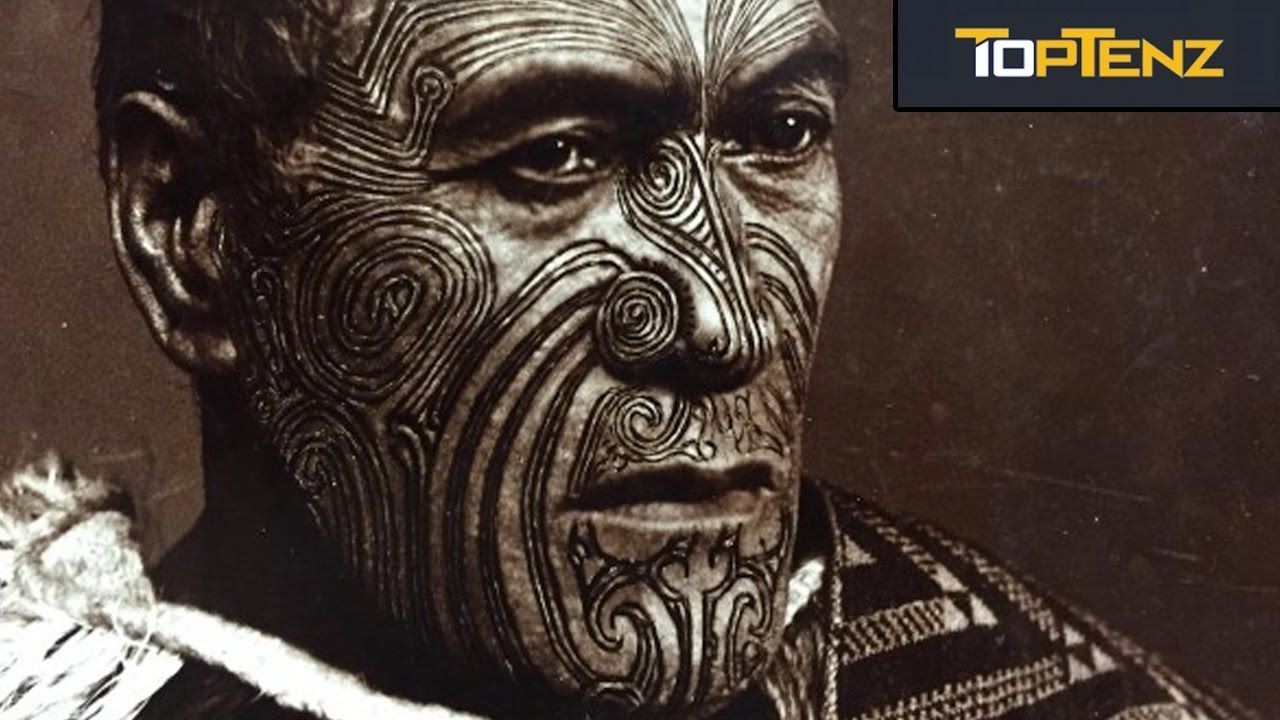New Zealand's participation in World War I is a chapter often overshadowed by more prominent narratives, yet it harbors stories of courage, identity, and transformation—none more so than the saga of the over 5,000 Māori soldiers who answered the call. This article delves into the profound impact of their involvement, evaluating the pros and cons, providing real-world case studies, and analyzing the implications for New Zealand's socio-cultural landscape.
The Historical Context: Māori in World War I
During World War I, Māori soldiers volunteered in large numbers, despite initial reluctance from British authorities to allow non-European soldiers in the front lines. By the end of the war, over 5,000 Māori had served, including in the Māori Pioneer Battalion, which was the only battalion in the New Zealand Expeditionary Force that was entirely composed of indigenous soldiers.
This decision to participate was not just about loyalty to the Crown but also a quest for recognition and equality. The Māori leaders believed that demonstrating their courage and commitment would result in greater respect and integration within New Zealand society.
Pros & Cons Evaluation
✅ Pros:
- National Recognition: Māori soldiers earned respect and acknowledgment for their bravery, which played a crucial role in the gradual improvement of Māori-European relations post-war.
- Leadership Development: The war experience contributed to the development of a new generation of Māori leaders who later played significant roles in political and social movements.
- Unity and Identity: The shared experience fostered a stronger sense of unity and identity among Māori tribes, contributing to a collective national identity.
- Economic Benefits: The involvement of Māori in the war led to increased access to better-paying jobs and educational opportunities in the post-war period.
❌ Cons:
- Casualties and Loss: The war resulted in significant loss of life and had a lasting impact on Māori communities, both emotionally and economically.
- Limited Immediate Gains: Despite their contributions, Māori did not receive immediate societal or political gains, and it took decades for their efforts to be fully recognized.
- Cultural Displacement: The war accelerated the erosion of traditional Māori culture as Western values and systems became more entrenched.
- Health and Well-being: The physical and psychological toll on returning soldiers was profound, with many suffering from long-term health issues.
Case Study: The Māori Pioneer Battalion
Problem: Initially, Māori were not permitted to fight alongside Pākehā (European New Zealanders) in combat roles. This segregation was a reflection of the racial attitudes of the time.
Action: The Māori Pioneer Battalion was formed, allowing Māori to participate but primarily in non-combat roles such as trench digging and road building. However, their valor and effectiveness quickly became evident, leading to their deployment in combat roles.
Result: The Battalion gained a reputation for bravery and efficiency, particularly during the Gallipoli Campaign and on the Western Front. Their success not only challenged racial stereotypes but also laid the groundwork for future integration into New Zealand's military forces.
Takeaway: This case study underscores the impact of Māori soldiers on New Zealand's military history and highlights the importance of inclusion and recognition of indigenous contributions in national narratives.
Data-Driven Insights: New Zealand's Socio-Economic Landscape
According to Stats NZ, the Māori population grew by 30% between 2001 and 2018, reflecting a young and increasingly urban demographic. This shift is pivotal as it signals changing economic and educational dynamics within Māori communities.
The Ministry of Business, Innovation and Employment (MBIE) reports that Māori contribute over NZD 11 billion annually to the national economy, with significant investments in primary industries such as agriculture, forestry, and fishing. These sectors are crucial to New Zealand's economy, underscoring the importance of Māori participation in both historical and contemporary contexts.
Common Myths & Mistakes
Myth vs. Reality
- Myth: Māori soldiers were conscripted into the war.
- Reality: Māori volunteered to fight. Their involvement was driven by a desire for recognition and equality within New Zealand society.
- Myth: The impact of Māori soldiers was limited to military achievements.
- Reality: The war experience significantly influenced Māori social and political movements, contributing to greater advocacy for indigenous rights.
- Myth: Post-war integration of Māori was immediate and comprehensive.
- Reality: Despite their contributions, Māori faced ongoing discrimination and it took decades for their efforts to be fully recognized in New Zealand’s social and political systems.
Controversial Take: The Unseen Impact of Māori Participation
While the contributions of Māori soldiers in WWI are lauded, a critical examination reveals systemic issues that persisted long after the war. Despite their service, Māori returned to a society that still treated them as second-class citizens. This dichotomy between service and societal status is a stark reminder of the complexities within New Zealand's race relations.
However, this participation also sowed the seeds for future progress. The shared experience of war became a catalyst for the Māori Renaissance in the mid-20th century, which saw a resurgence in Māori culture and a push for greater political representation.
Final Takeaways
- Understanding the historical context of Māori participation in World War I is crucial for appreciating New Zealand’s diverse cultural heritage.
- Their service was both a step towards unity and an acknowledgment of societal inequalities that needed addressing.
- Modern New Zealand continues to grapple with these legacies, underscoring the importance of recognizing and valuing indigenous contributions.
Future Trends & Predictions
As New Zealand moves towards a more inclusive society, the lessons from the past become increasingly relevant. The ongoing recognition of Māori contributions, both historically and in contemporary sectors, is vital for fostering a unified national identity. By 2030, initiatives aimed at integrating Māori perspectives in education, governance, and economic development are expected to yield significant socio-economic benefits, reinforcing the value of diversity in New Zealand's growth.
Conclusion
The involvement of over 5,000 Māori soldiers in World War I is a testament to their courage and commitment to New Zealand. It highlights both the progress made and the challenges that remain in achieving true equality and recognition. As New Zealand continues to navigate its cultural and social dynamics, the legacy of these soldiers serves as a powerful reminder of the importance of inclusion and recognition in building a cohesive and prosperous society.
If this article resonated with you, consider sharing your thoughts or experiences related to New Zealand's history and cultural dynamics. Together, we can foster a deeper understanding and appreciation for the diverse threads that weave the fabric of our nation.
People Also Ask (FAQ)
- How does the participation of Māori soldiers impact New Zealand today? Māori soldiers' contributions to WWI are a foundational part of New Zealand's identity, promoting discussions on inclusion and equality.
- What were the main challenges faced by Māori soldiers during WWI? They faced racial discrimination and were initially restricted to non-combat roles, highlighting the racial attitudes of the time.
- Why did Māori soldiers volunteer for WWI? They sought recognition and equality, believing that military service would lead to greater respect and integration within New Zealand society.
Related Search Queries
- Māori soldiers World War I impact
- New Zealand history Māori contribution
- Māori Pioneer Battalion achievements
- New Zealand indigenous military history
- Māori cultural renaissance post-WWI































